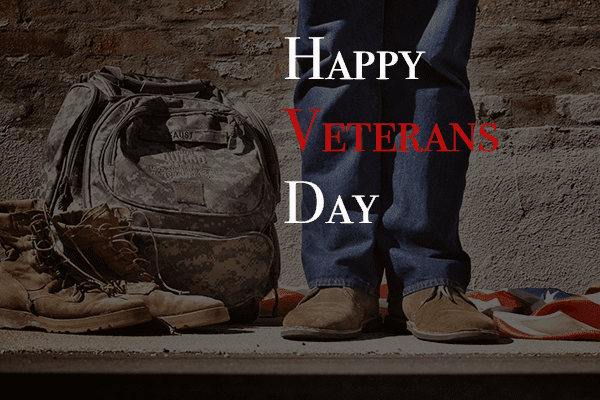A small tear ran down his face. While sitting in a restaurant with my grandparents to celebrate my birthday, I asked my grandpa about his military service in the Korean War; the tear was the only story he would tell. We spoke a bit more about his role and duties, but it was clear that I should move the subject to something else.
From the brief conversation, I learned that my grandpa served as a medic in the Korean War. I do not know much about the Korean War, and I suspect I am not alone amongst my millennial brethren. Truth be told, I don’t know much about any wars. Prior to this conversation, the only two book titles I could recall reading on the subjects of war in school were All Quiet on the Western Front and The Things They Carried.
Fast forward several years later, and PragerU posted a video titled “Why Did America Fight the Korean War?” I watched eagerly to find out more about the war in which my grandpa had served. I discovered that the conflict was bloody, and the war took the lives of 35,000 U.S. soldiers. One does not have to be a psychologist to recognize the significance of the tear my grandpa shed. As a medic, he had certainly experienced things that none of us should wish on anyone.
As we watch our citizens riot over elections and have observed the incredible hatred we have experienced from both Republicans and Democrats during this election season, it might be good to take some time and remember what real winning and losing actually look like. To be certain, wars begin with ideas, and politics is where those ideas are debated; wars are where the consequences of ideas are manifested, and the Korean War is a good example of this. While many wars that America has fought could be considered a “win,” we must remember that military victories do not occur without significant loss and sacrifice on both sides.
In order to understand the significance of veterans and their sacrifice, I suggest you start a new tradition this Veterans Day. Purchase a war book and read it. Then, when you greet a veteran throughout the coming days and months, you will be able to do so with genuine gratitude, rather than mere courtesy. If you struggle to read a book straight through, then purchase a book that has a POW story and skip to the chapters where the soldiers endured great suffering and interrogation. One particular book is Unbroken, by Laura Hildebrand, a survival epic about “20-something” males during World War II that endured Japanese Prisoner of War camps. In addition to hearing their POW stories, you will also learn about the character traits that led them to be labeled the “Greatest Generation.” For example, the main character, Olympian Louie Zamperini, had many friends and training partners who were also Olympic level athletes. A common trait of endurance athletes is their extremely low heartrates. After being denied for a low heartrate, one of the runners ran three miles to the next enlistment office to spike his heart rate so they couldn’t deny his enlistment. Would you or I be willing take no for an answer in this situation?
While it is not out of the realm of possibility, I will probably never experience the evils of war or the military training servicemen have had to endure. I have always had a courteous appreciation for our veterans, but since talking to my grandpa, reading more books, and seeing more videos from PragerU on the history of wars involving the United States, I have found a new appreciation for their sacrifice. I am attempting to read more war history to better understand the challenges our veterans have faced and to better understand the actual problem of evil, not just the logical one. I hope this Veterans Day you will do the same.
To all our veterans, thank you for making sacrifices that only experience can comprehend. Happy Veterans Day.






